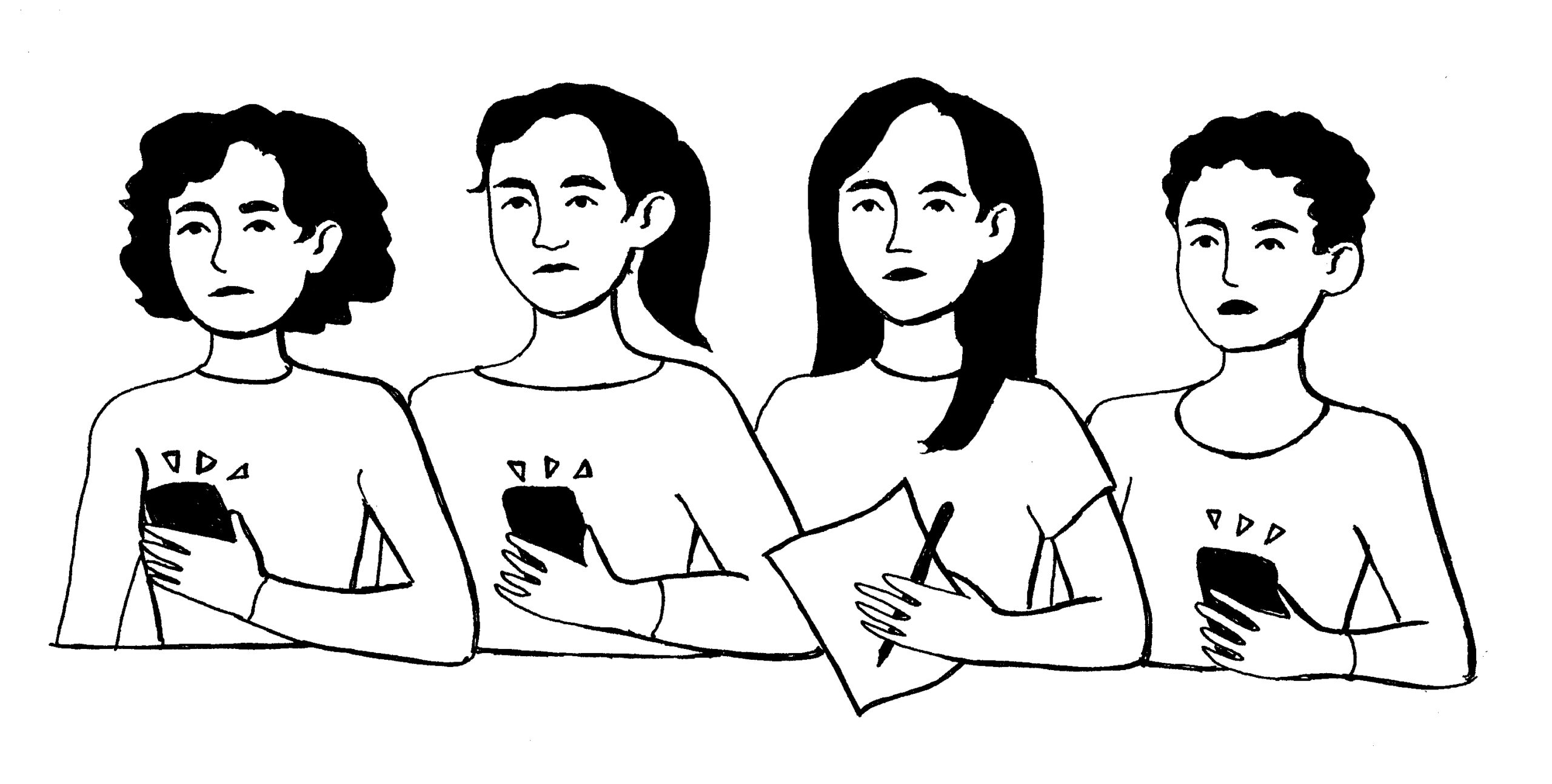Social media, me and #metoo
October 27, 2017
 This
piece represents the opinion of the author
.
This
piece represents the opinion of the author
.
 Phoebe Nichols
Phoebe NicholsRecently, many of my friends and peers have posted the hashtag “MeToo” on their Facebook pages. This hashtag makes a pretty compelling statement: sexual harassment and assault are still a long, long way from being preventable on Bowdoin’s campus or any place in general. I greatly respect the Bowdoin students who share their experiences of sexual violence and show support. I certainly would not critique the work that Tarana Burke—the original creator of the hashtag—and fellow activists do to help marginalized individuals.
So, why do I feel so uncomfortable with the idea of posting such a powerful and personal statement as a hashtag?
Of course many victims of sexual violence are choosing not to post for their own unique reasons, but my initial response to the hashtag was one of concern. I felt nervous, and that nervousness bothered me. Am I just trying to not be a “conformist” in a movement, even if it’s a very positive one? How could I be so judgmental?
It’s a bit more complicated than that. I was sexually assaulted in high school, and at that time I didn’t really know how to talk about it. I didn’t have the language for how I felt. I concluded that maybe I was “overreacting” to the situation, and, as a result, I decided it was better to just not discuss it at all. Being reserved wasn’t a novel thing for me. I grew up in a military family, so I moved often and didn’t have the time to make many close friendships. However, at the same time, I wanted to try and fit in as much as possible, so the minute I got a Facebook account I became obsessed with personalizing it to the nth degree. I thought that Facebook was the best way for people to understand “me,” as a person.
However, when I got to Bowdoin, I realized that I now had the time to make close friends. I finally felt connected in a way that I never did with social media. This helped me come to terms with things that were long overdue. Having conversations with people, either one-on-one or in a group, helped me become more open and willing to discuss things I have gone through. Facebook became less of a necessary social tool and more of a way to keep up with people from high school or plan via group chat.
Now, granted, writing an Orient article about all of this is pretty close to posting “#MeToo” on Facebook. Additionally, posting the hashtag on Facebook does not mean that survivors are obligated to share the details of their experiences. But to me, it’s a matter of comfort. I want to open up to people in a way that I think is the most meaningful and on my own terms. To me, that medium will never be Facebook.

Comments
Before submitting a comment, please review our comment policy. Some key points from the policy: